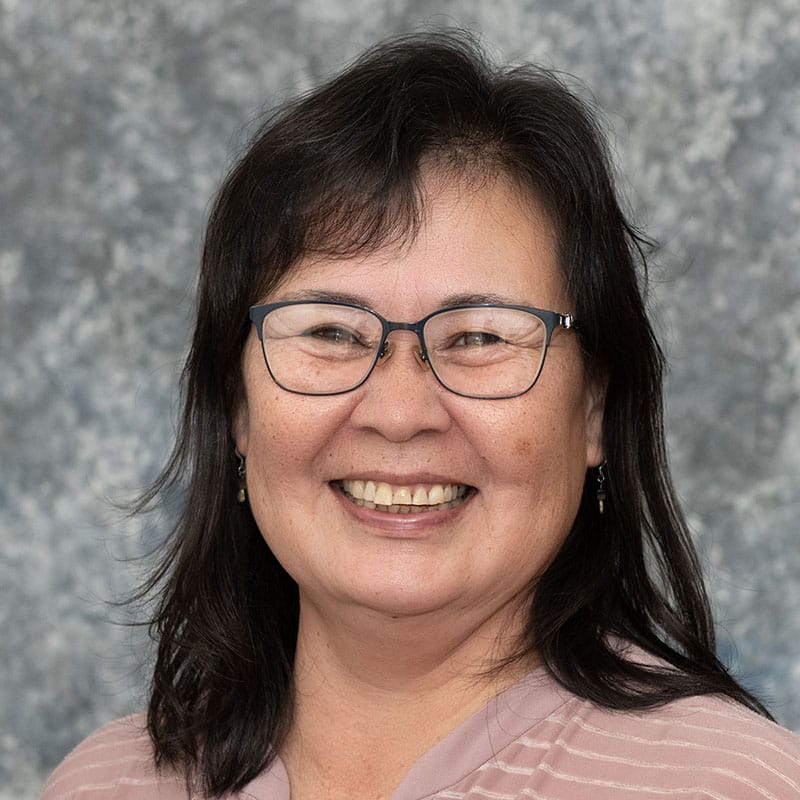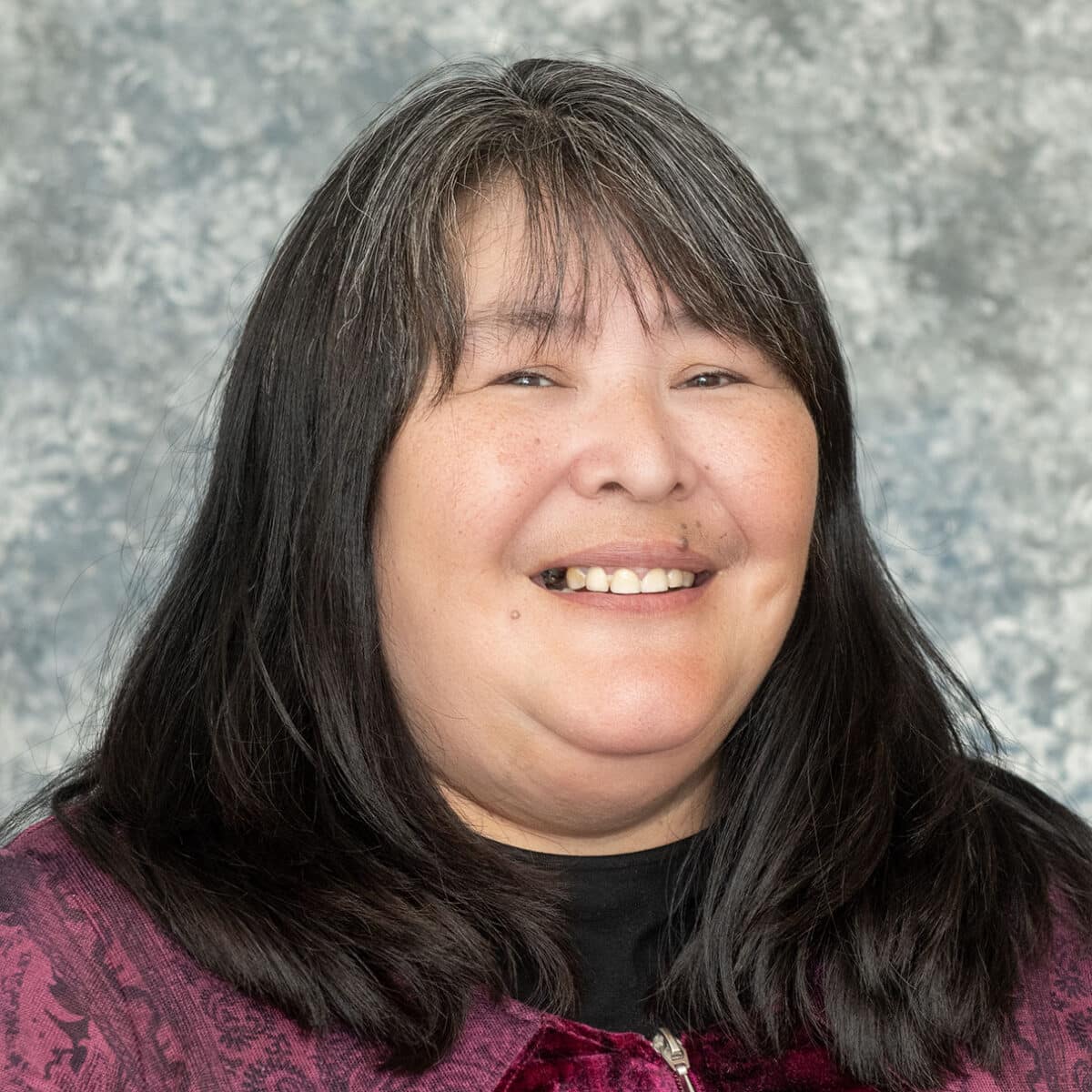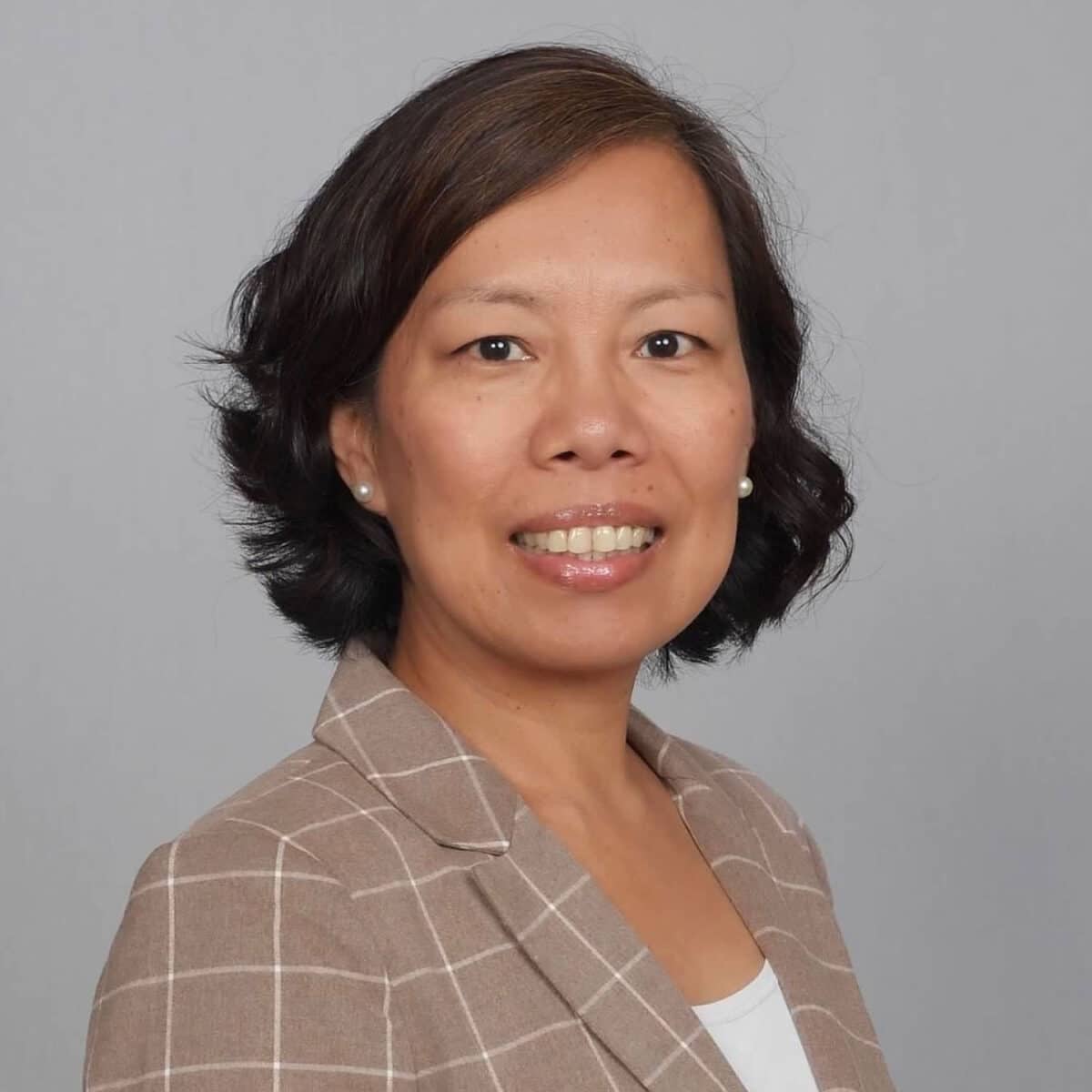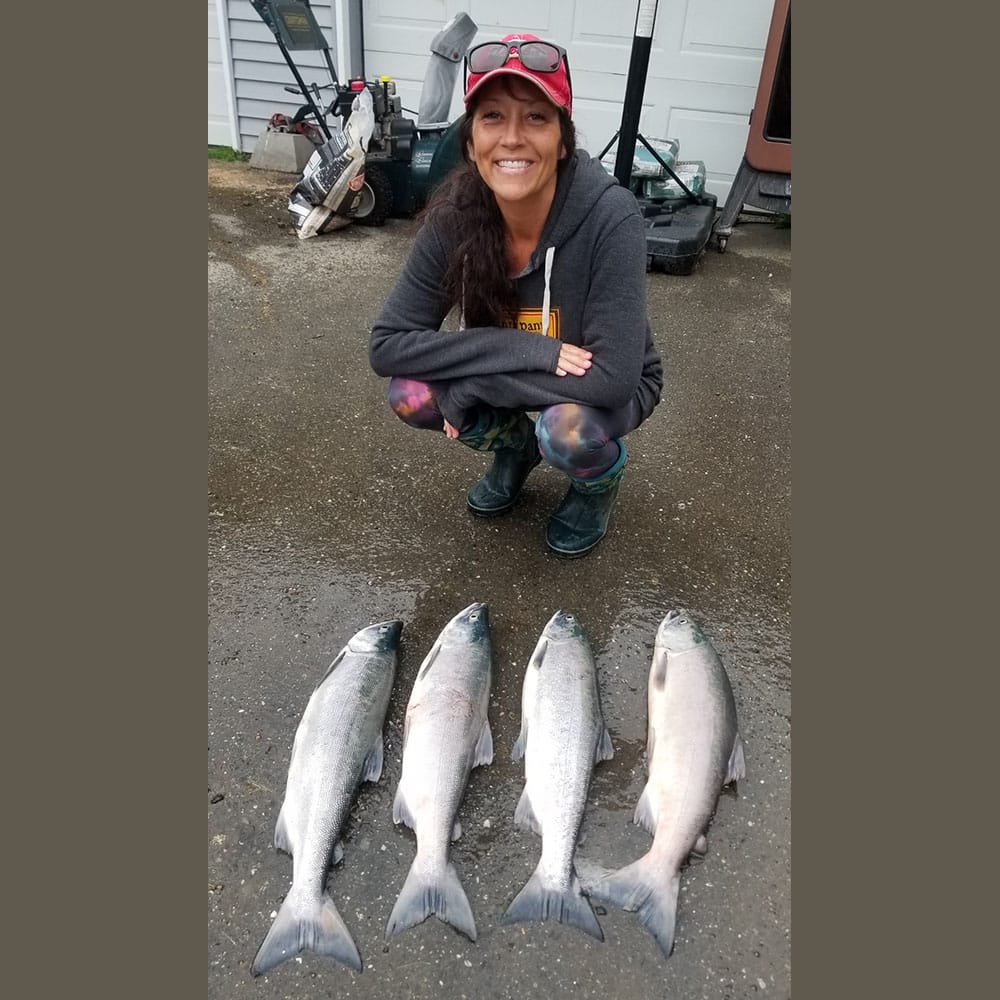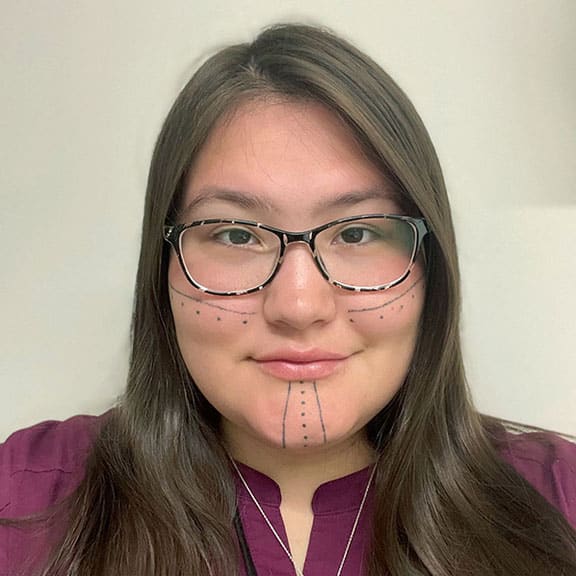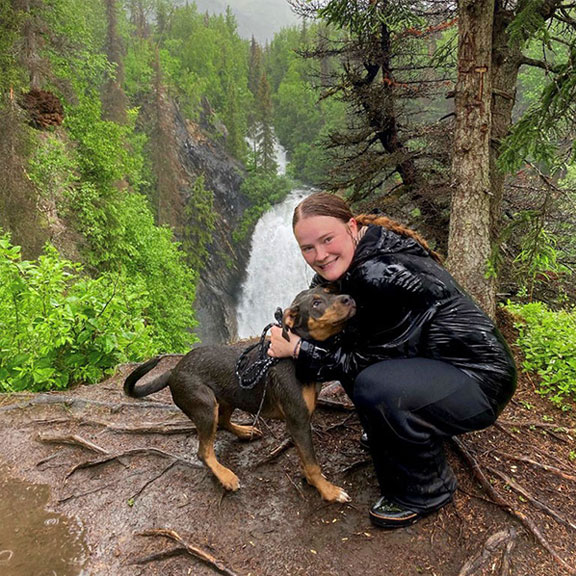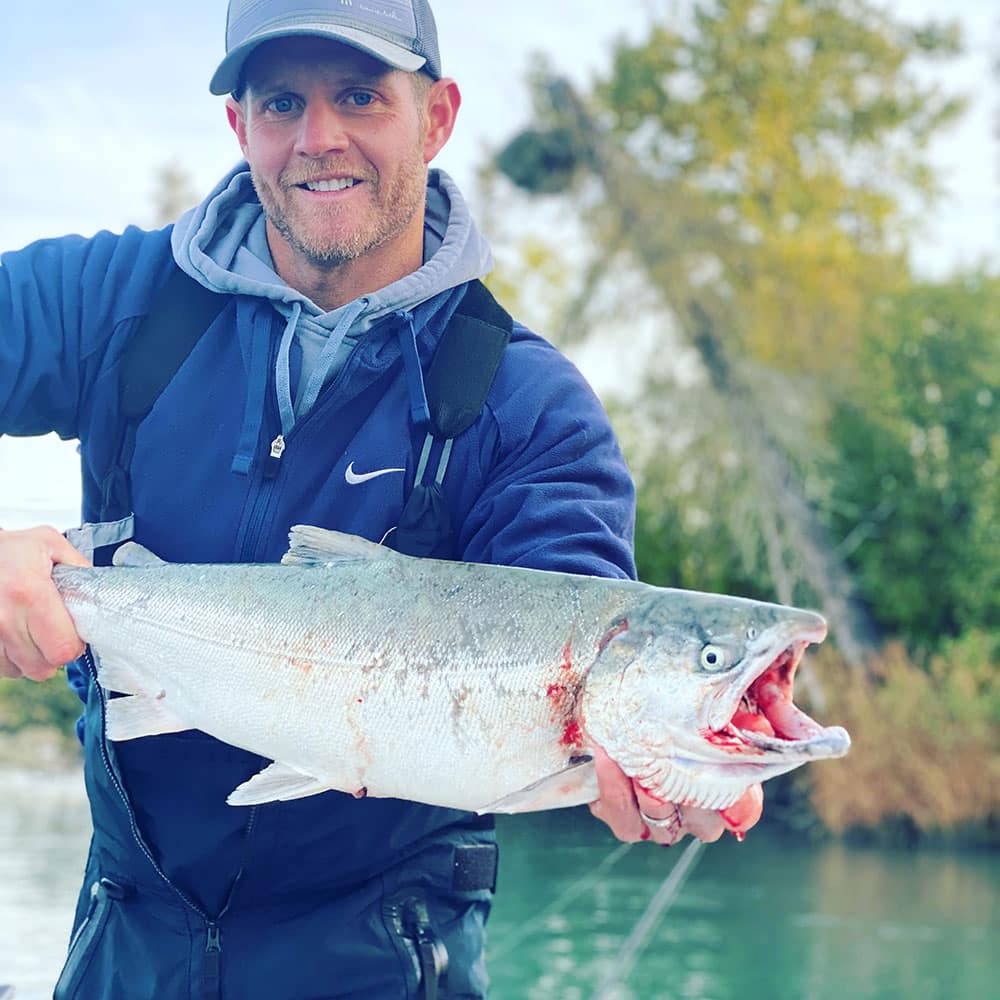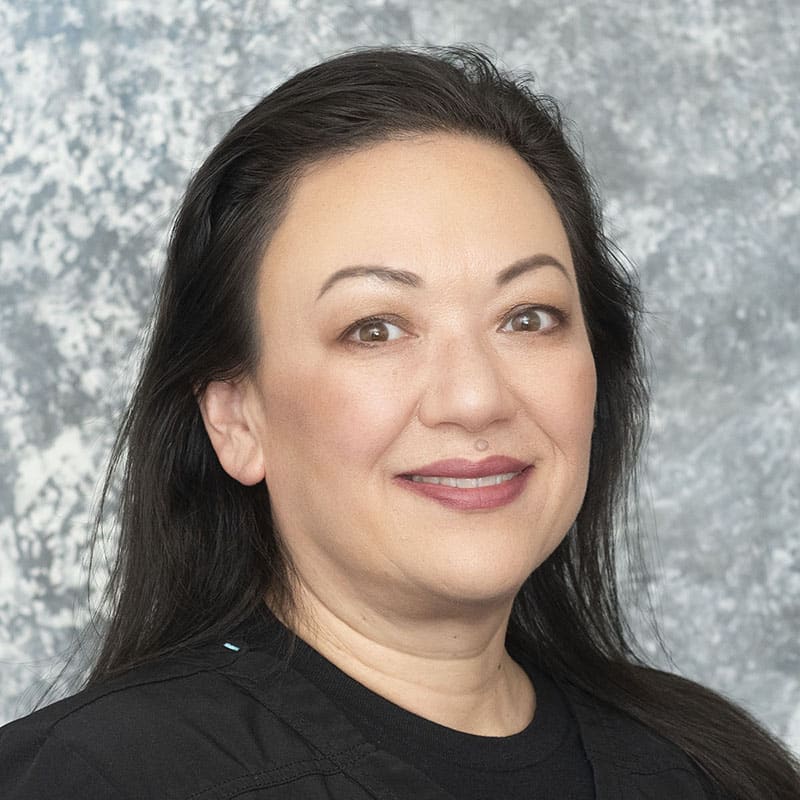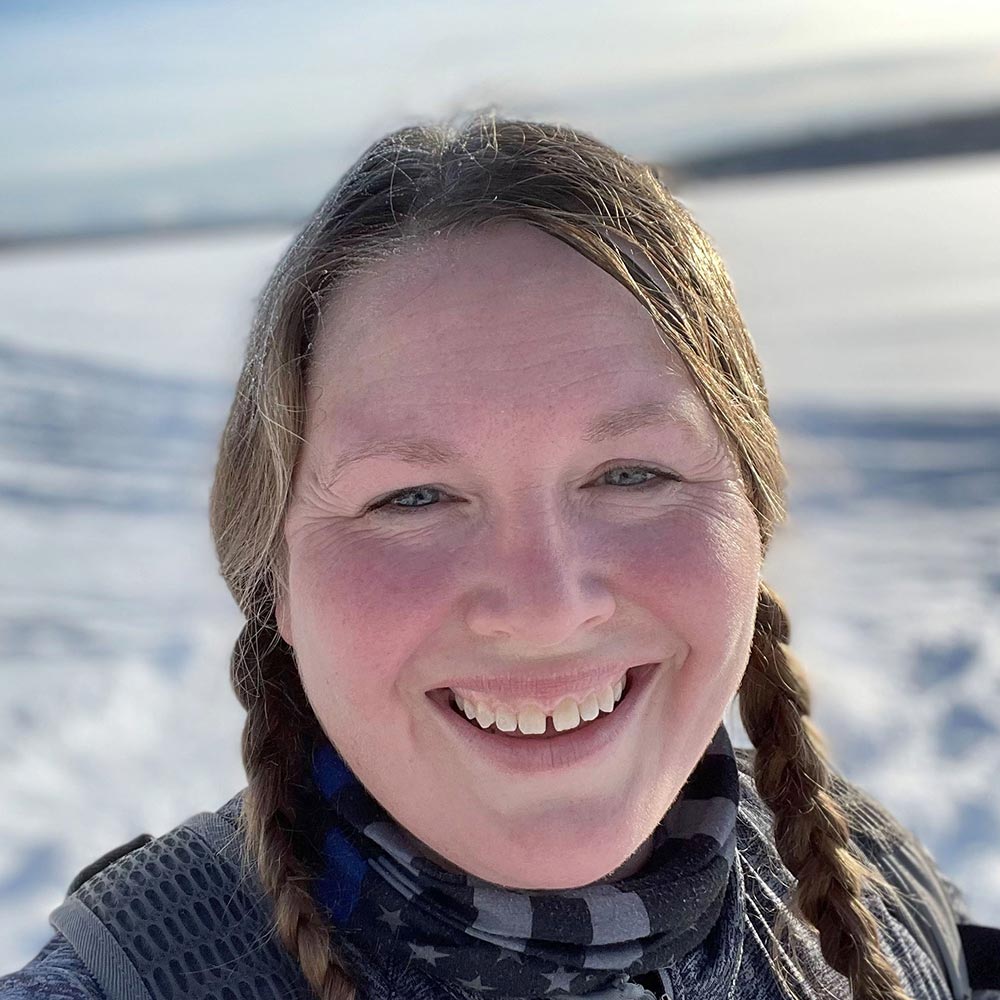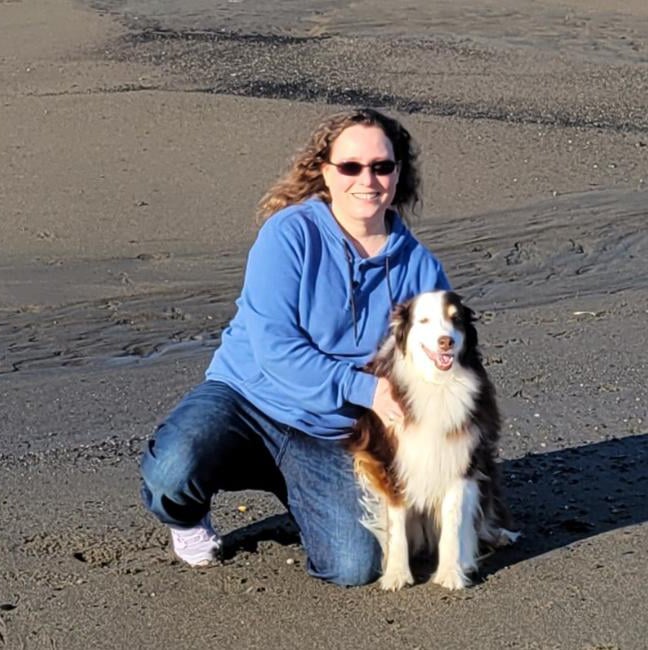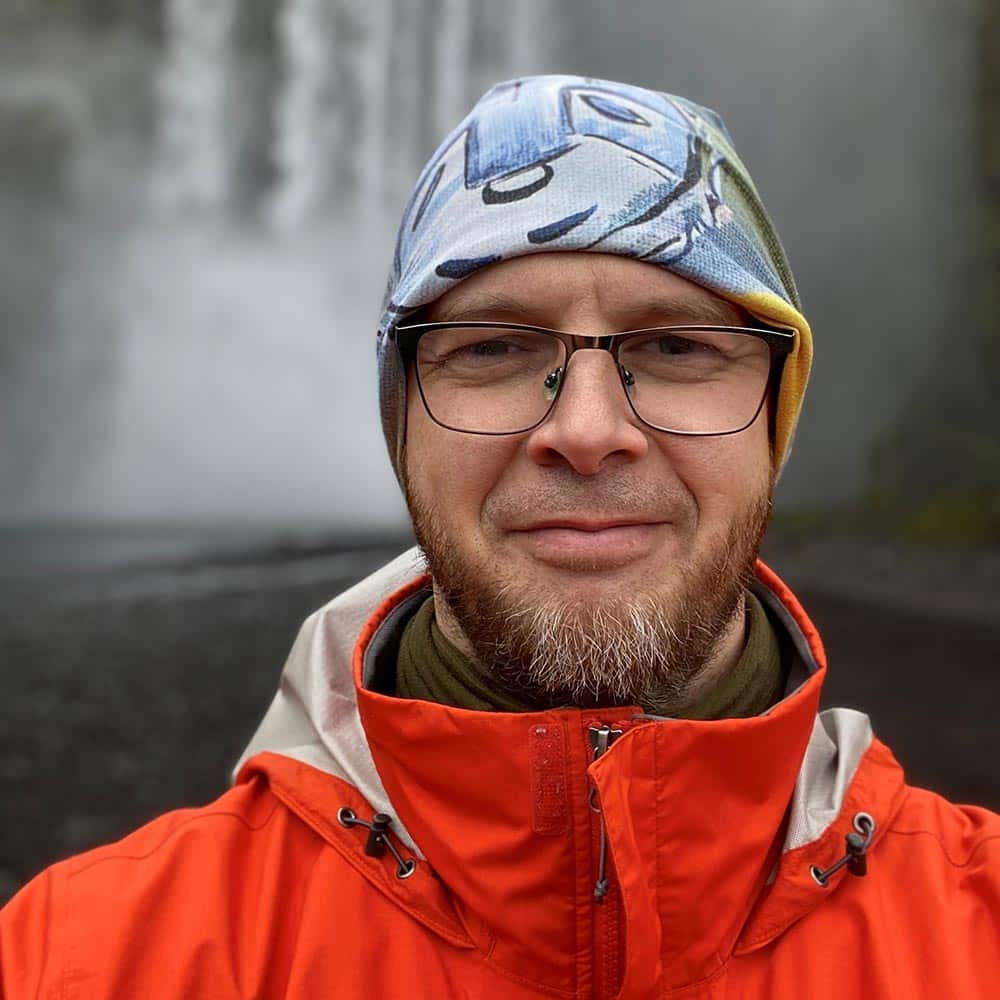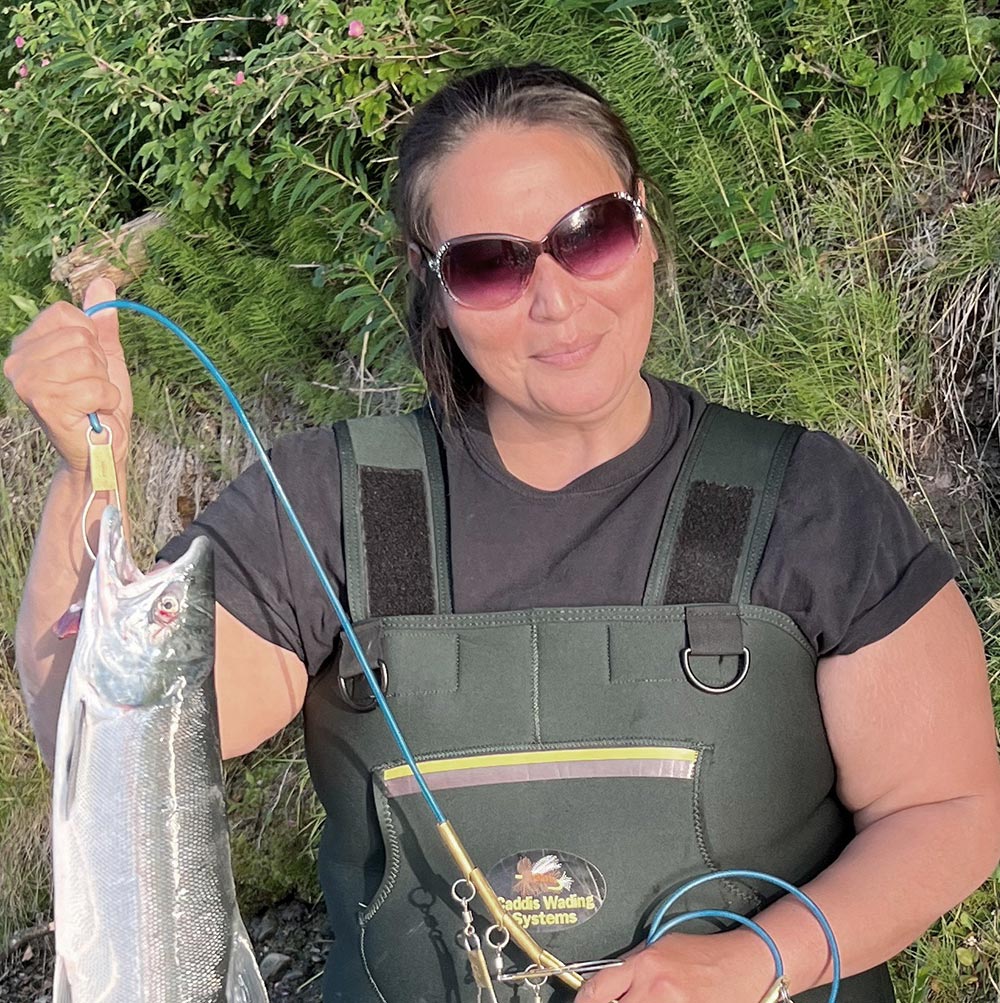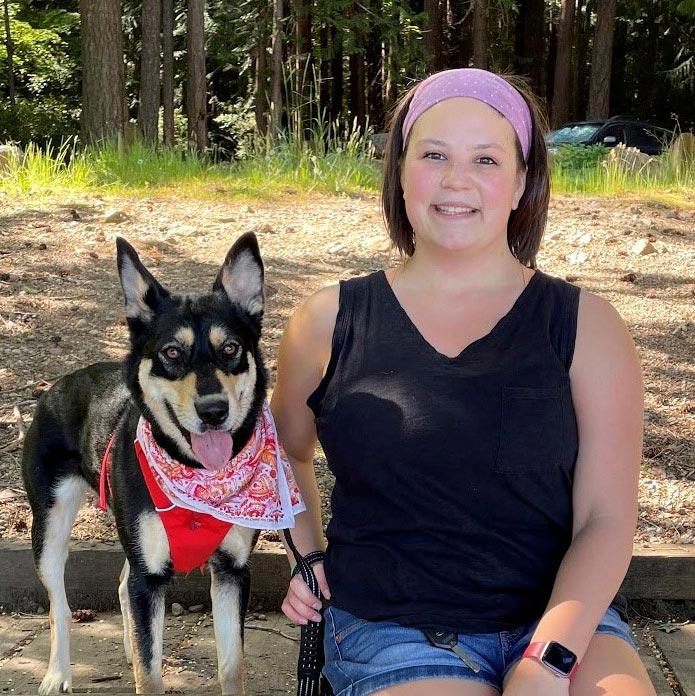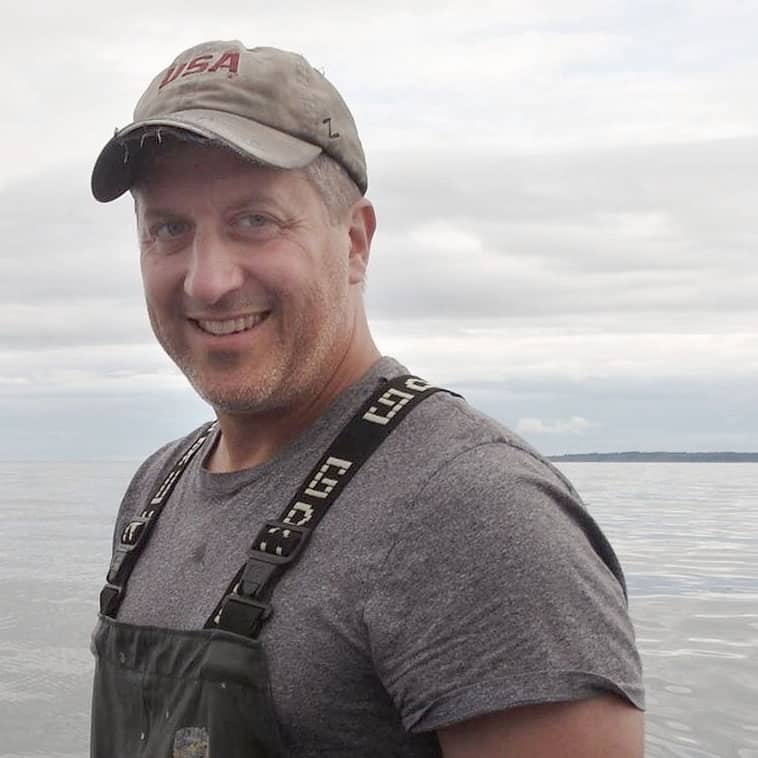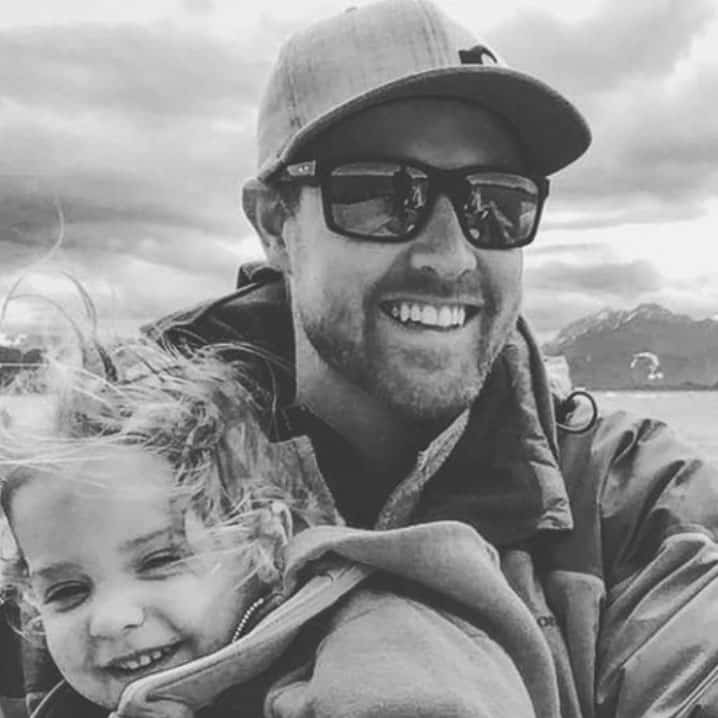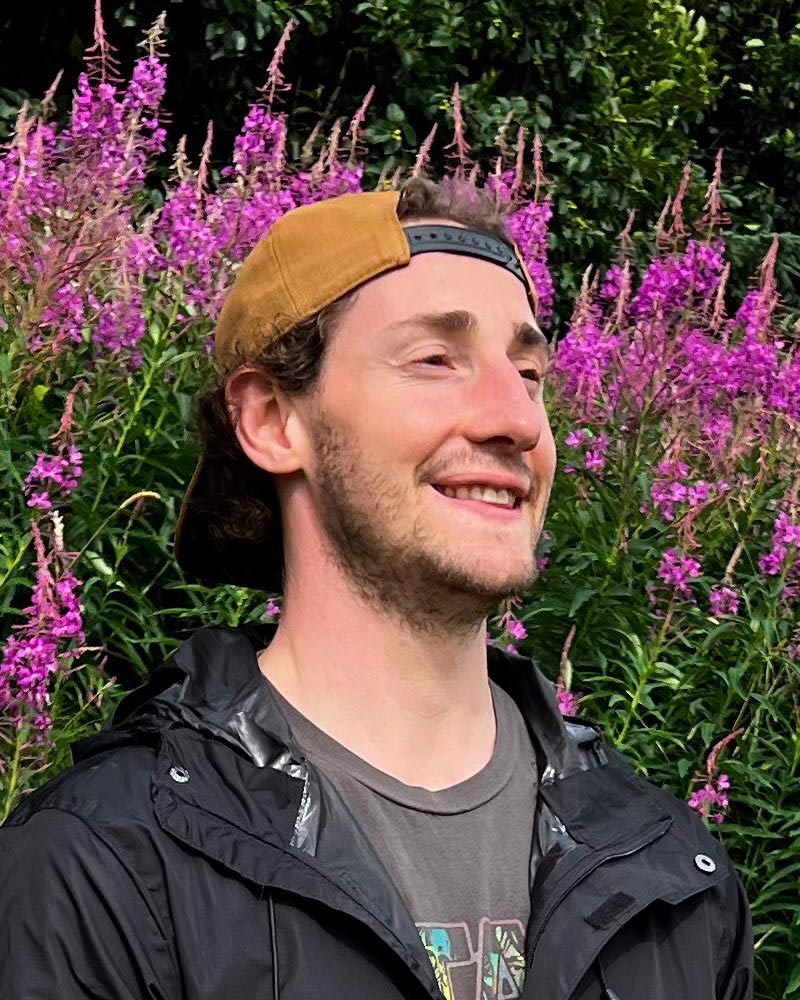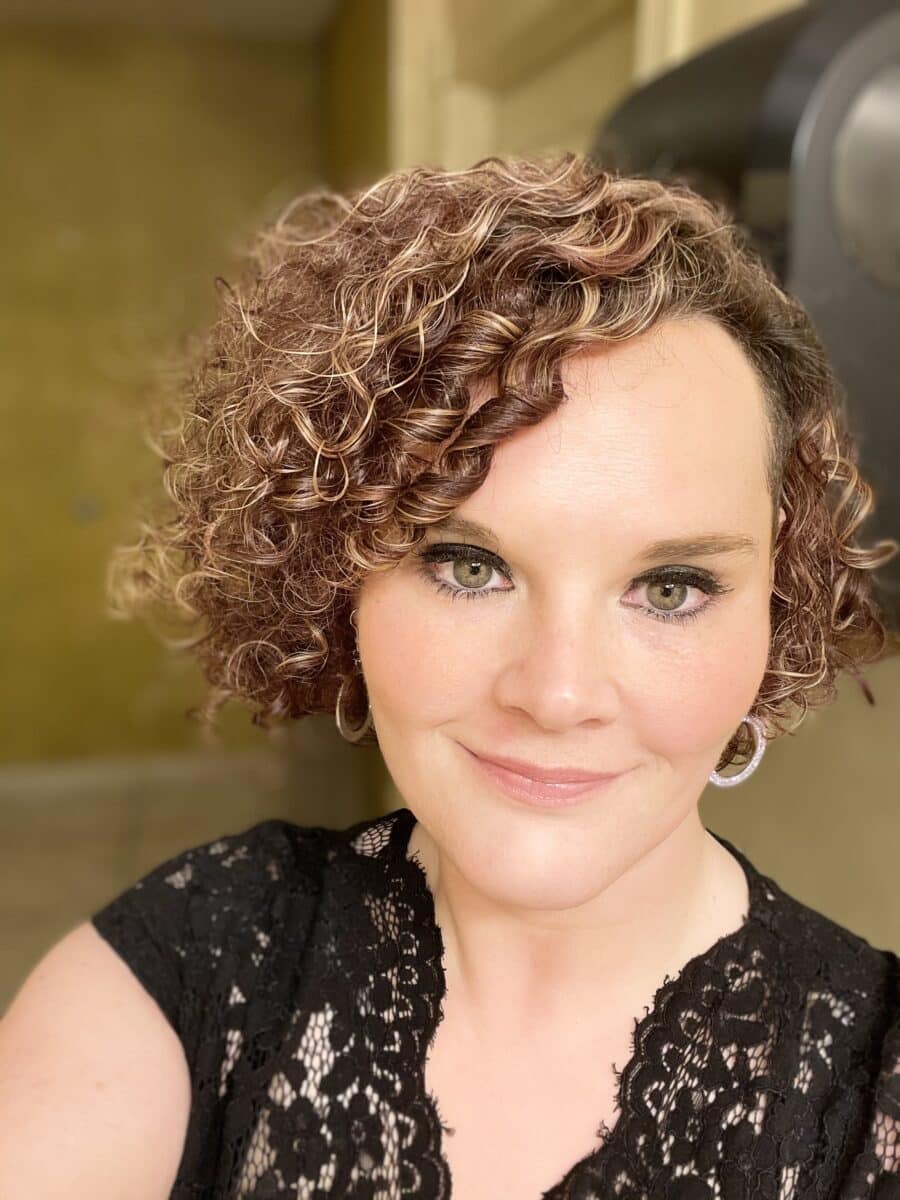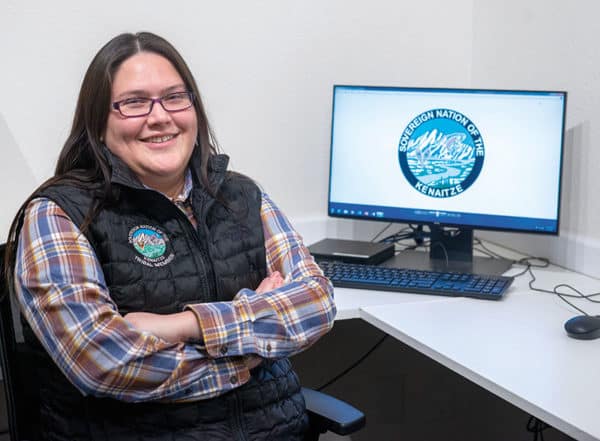
Karina Lorenzo was an Individual Skills Provider (ISP) for two years before moving into a Case Manager position.
One of the best parts of Amanda Burg-Rice’s job as an Individual Skill Provider comes at the end of the school year.
“Schools have assemblies and talent shows. My favorite thing is seeing kids who would never have been able to manage participating, being able to allow themselves to be vulnerable enough to take part in those things,” Burg-Rice said.
Burg-Rice was recently promoted to Case Manager but has been an ISP for 14 years, including 11 with the Tribe’s Behavioral Health Youth Services school-based program.
The Tribe’s school-based program was launched in the early 2000s and recently expanded from nine to 11 central Kenai Peninsula schools. Youth Services staff – 37 ISPs and seven Case Managers – work with students ages 5 to 18. ISPs are available to students who meet certain criteria. Referrals might come from the school or a health care professional.
“The bottom line is to help kids in our schools be successful,” Joe Cannava, Behavioral Health Youth Services Supervisor, said.
However, ISPs aren’t tutors. Instead, they focus on a student’s mood and behavior, so that the student, in turn, can be focused on learning.
“We’re there to support them at a behavioral level,” Burg-Rice said. “We’re there to get them in the right headspace so they can gain those academic skills from the classroom teacher. We’re helping them learn ways to cope, so they can succeed.”
An ISP provides one-on-one support for a student, meeting them when they get to school and spending time with them throughout the day. ISPs help a student develop skill-based tools, such as saying “thank you” or learning to take a deep breath before speaking. With younger students, they work on social skill development, while older students work on their transition to adulthood. The Tribe’s traditional values provide guidelines for much of what ISPs do.
“I’m so grateful for our ISPs because they are helping me raise my kids,” said Zoanne Anderson. “The ISPs, in my view, are helping me raise conscientious and responsible citizens.”
Seven years ago, Anderson added three girls adopted from foster care to her already large family. Anderson’s first experience with the school-based program came when the oldest of the three girls were in first grade and having trouble staying focused in the classroom. Anderson said she was initially upset when the teacher recommended an ISP.
Since then, she’s developed a deep appreciation for the support her family has received.
Cannava, who started as an ISP himself, said a good ISP needs to be able to stay calm, cool and collected, even when a student is having a bad day. An ISP focuses on the quality of the individual, and not all the things the individual might be dealing with. Students need to be assured that, no matter what, the ISP is going to be there for them the next day.
“We don’t require a degree. We need someone who has their heart in the right place – making a difference for the kids that we work with,” Cannava said.
Burg-Rice said that’s what attracted her to the job in the first place.
“I really just wanted to be able to help people, and I enjoy working with kids,” Burg-Rice said. “I worked at a daycare in high school, and I had a passion for supporting mental health.”
Karina Lorenzo, who was an ISP for two years before moving into a Case Manager position last month, said her passion is working with kids, especially those dealing with challenges.
“I try to be a safe adult in people’s lives because it can change the whole trajectory of their lives,” Lorenzo said.
The key to success, said Burg-Rice, is building the one-on-one relationship. Each student needs something different to succeed.
“I just try to be real, but try to have fun with the kids, and connect with them that way,” Burg-Rice said. “I try to engage them on their level. One of the most important things I’ve found is to treat them as people, and not talk down to them.”
Lorenzo emphasized the need for patience when working with students. It takes time to build a good relationship with students.
“Things don’t just change (with a student) overnight. You have to be in it for the long haul,” Lorenzo said.
Anderson said one activity in particular, group lunch, has become a highlight of the week for her daughter. During a group lunch, students in the program participate in activities and discussions that involve each student. Anderson said she schedules other appointments around group lunch so her daughter can attend.
“Group lunches have turned out to be a huge blessing. They’ve helped my kids to expand their consciousness to those around them,” Anderson said.
Anderson said she’s seen the impacts of that at home. She said the three girls are close in age and very competitive. While playing a board game recently, she noticed one helping another with a strategy to get ahead.
“That was huge. Instead of fighting for herself to win, she was helping someone else to gain an advantage,” Anderson said, crediting the group activities with contributing to the change in behavior.
In fact, Anderson said her daughter is now doing well without an ISP.
“The ISPs, in this case, have worked themselves out of a job – which is the ultimate goal,” Anderson said.
Cannava said another important component to the program are services provided over the summer when school is not in session.
“It’s a good opportunity to really build rapport with students,” said Colleen Robertia, a Case Manager and former ISP. “It’s essential to have a good rapport with our clients to help them throughout the year.”
The summer program keeps kids active and moving, and incorporates activities such as hiking. Students have an opportunity to learn how to control their behavior outside of a classroom setting, and clinicians are on hand to introduce new concepts.
“It gets kids out in the community, hiking and exploring nature,” Burg-Rice said. “It’s an opportunity to develop social skills in a different setting, and to get to know the kids at a different level.”
New ISPs receive training and educational materials from the Tribe. Burg-Rice said new ISPs also spend time shadowing more experienced ISPs to learn the job.
“The most important part is spending time in classrooms with people who have been doing it for a long time,” Burg-Rice said.
Burg-Rice said that for her, the most challenging part of the job is making sure she takes care of herself.
“It can be frustrating when you feel like interventions aren’t effective, or the child you’re working with isn’t having a good day,” Burg-Rice said. “It’s important that you don’t take it personally, and that you don’t take it home with you.”
Despite the potential for tough days, Lorenzo said building relationships with students is the most rewarding part of the job.
“When you get to that point, where you feel like you’ve established a good rapport, and they’ve found trust in you and are willing to work with you to grow,” Lorenzo said of making that connection.
Cannava cited retention of ISPs as an important part of the program’s success. Cannava said the motivation comes from ISPs knowing that they are making a difference.
“I think it’s because they find what they’re doing in schools to be so valued,” Cannava said.
“It’s an amazing program – I love it,” Lorenzo said. “It’s so important to have caring, safe adults in kids’ lives, especially those who have not always been dealt the best hand.”
To learn more about becoming an ISP, visit Kenaitze.org/careers/.







